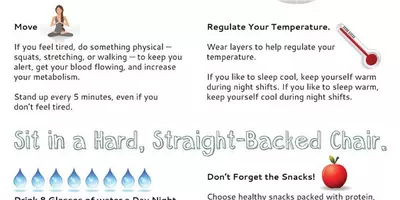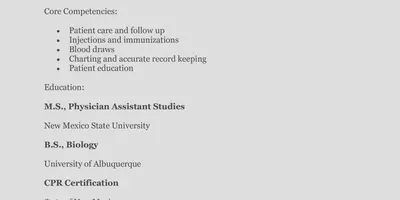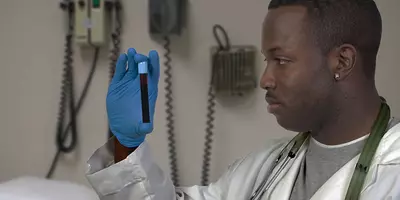
Dec 21, 2017 ● Eric Titner
10 newbie nurse confessions
Nurses who are new to the profession often face a variety of unique challenges. On top of the long hours, tremendous responsibility, stress, and demands of the job, there’s the fact that the health and wellbeing of others is literally in your hands. That can be a lot to handle, even for the most seasoned and experienced nurses, and the first few months and years on the job can often be a real learning experience.
As a new nurse, you may be wondering if all new nurses face the same hurdles as they learn the realities of the profession each day. It can be really beneficial for newbie nurses to hear the thoughts and confessions of fellow nurses, which can help them draw strength and wisdom from the community of dedicated nursing professionals.
Or perhaps you’re still at the stage where you’re thinking of becoming a nurse and are wondering if the realities of the job match your ideas about what you think it’ll be like. If this is where you are, hearing the stories of new nurses can be incredibly valuable and empower you to make the right decision about whether or not becoming a nurse is the right move for you.
Nurse.org recently released an article titled “10 Things I Wish I Knew Before Becoming a Nurse,” which contains a wealth of wit and wisdom from newbie nurses across the country. Use this valuable information to draw strength and gain new insights into the nursing profession.
Here’s a look at the 10 things these nurses discuss.


